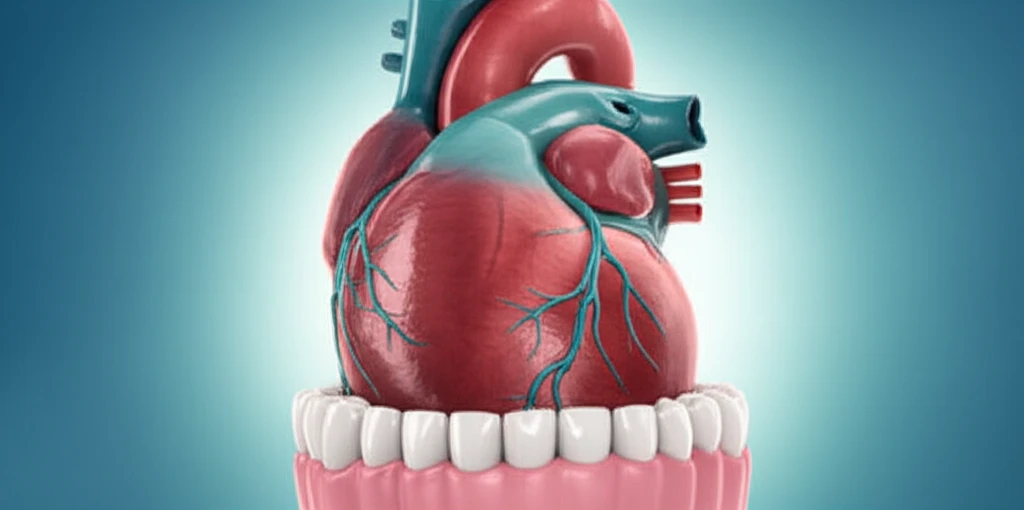
Gum Health Check: Can Scaling and Root Planing Improve More Than Just Your Smile?
"Discover how treating periodontitis can lead to surprising improvements in your lipid profile, potentially lowering your risk for heart disease."
It’s often said that oral health is a window to overall health, and this couldn't be truer when it comes to the link between your gums and your heart. Periodontitis, a severe form of gum disease, doesn't just threaten your teeth; it can also impact your cardiovascular health. The inflammation and bacteria associated with periodontitis can release inflammatory cytokines into the bloodstream, potentially affecting cholesterol levels and thyroid function.
While the connection between gum disease and heart health is becoming increasingly clear, understanding how specific periodontal treatments affect other health markers is crucial. Scaling and root planing, also known as deep cleaning, is a common procedure to remove plaque and tartar from below the gum line, reducing inflammation and promoting healing. But can this localized treatment have a broader impact on your overall health?
Emerging research suggests that improving your periodontal status through scaling and root planing may have a positive ripple effect, influencing serum lipid and thyroid profiles. Let's dive into the details of a study that investigated these intriguing connections and explore what it could mean for your health.
The Study: Deep Cleaning for a Healthier Heart?

A recent study published in Internal Medicine: Open Access, investigated the effects of scaling and root planing on serum lipid and thyroid profiles in individuals with chronic periodontitis. Thirty participants with chronic periodontitis underwent full-mouth scaling and root planing, without antibiotics or mouthwashes. Researchers then measured periodontal parameters (like gingival index, plaque index, bleeding on probing, and probing pocket depth) and metabolic parameters (fasting serum lipid profile and thyroid profiles) at baseline and 90 days post-treatment.
- Significant decreases in very low-density lipoprotein (VLDL) and triglyceride levels.
- Significant increases in high-density lipoprotein (HDL) levels (the "good" cholesterol).
- A decrease in thyroid stimulating hormone (TSH) levels.
- No significant changes in total cholesterol, LDL (the "bad" cholesterol), triiodothyronine (T3), or thyroxine (T4) levels.
What Does This Mean for You?
The study reinforces the importance of maintaining good oral hygiene and seeking treatment for gum disease. Scaling and root planing can offer more than just a brighter smile; they may contribute to a healthier heart and overall well-being. If you have periodontitis, talk to your dentist about whether scaling and root planing are right for you. Additionally, discuss your cardiovascular risk factors with your healthcare provider to determine if further monitoring or treatment is necessary. Remember, a healthy mouth can be a vital step towards a healthier you.
